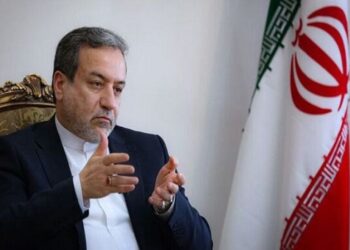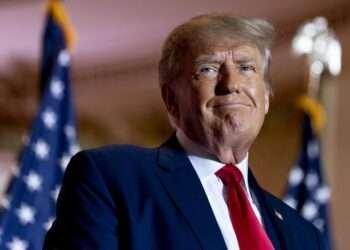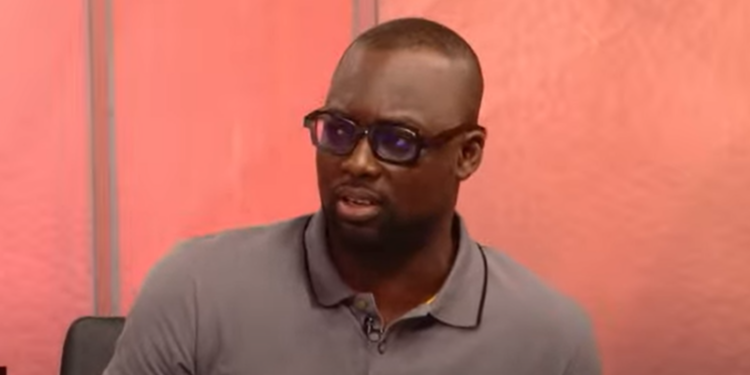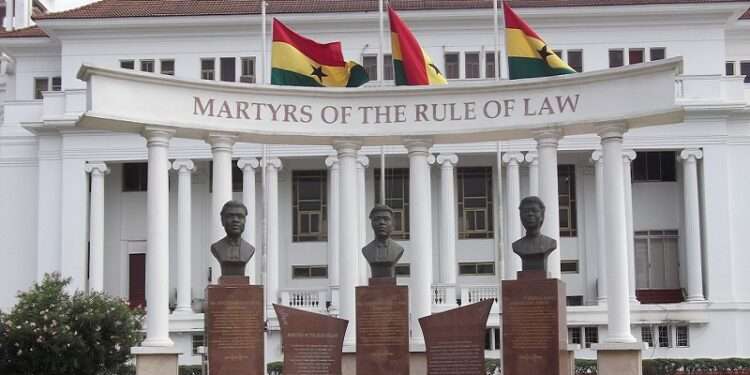Prime Minister Shinzo Abe, Japan’s longest-serving premier, has announced his resignation as a result of poor health, ending a stint at the helm of the world’s third-biggest economy in which he sought to revive growth and bolster its defences.
Mr Abe has had ulcerative colitis for years – a long-term condition where the bowel becomes inflamed – and said his health had declined around the middle of last month.
In a news conference, the 65-year-old PM said, “I cannot be prime minister if I cannot make the best decisions for the people. I have decided to step down from my post.
“It is gut-wrenching to have to leave my job before accomplishing my goals.”
He added he wanted to avoid a political vacuum as the country copes with the novel coronavirus.
“I apologize from the bottom of my heart that despite all of the support from the Japanese people, I am leaving the post with one full year left in my term,” Abe said, at times blinking back tears with his voice choking up.
Abe was also instrumental in Japan’s successful bid to host the Tokyo 2020 Olympics, though they were delayed to next year because of the coronavirus. He cleared doubts persisting as to whether the Games will go ahead.
“We must fulfil our responsibility as the host country of the Olympics,” Abe told the news conference. “Of course, I believe my successor will work to host the Olympics under the same belief.”
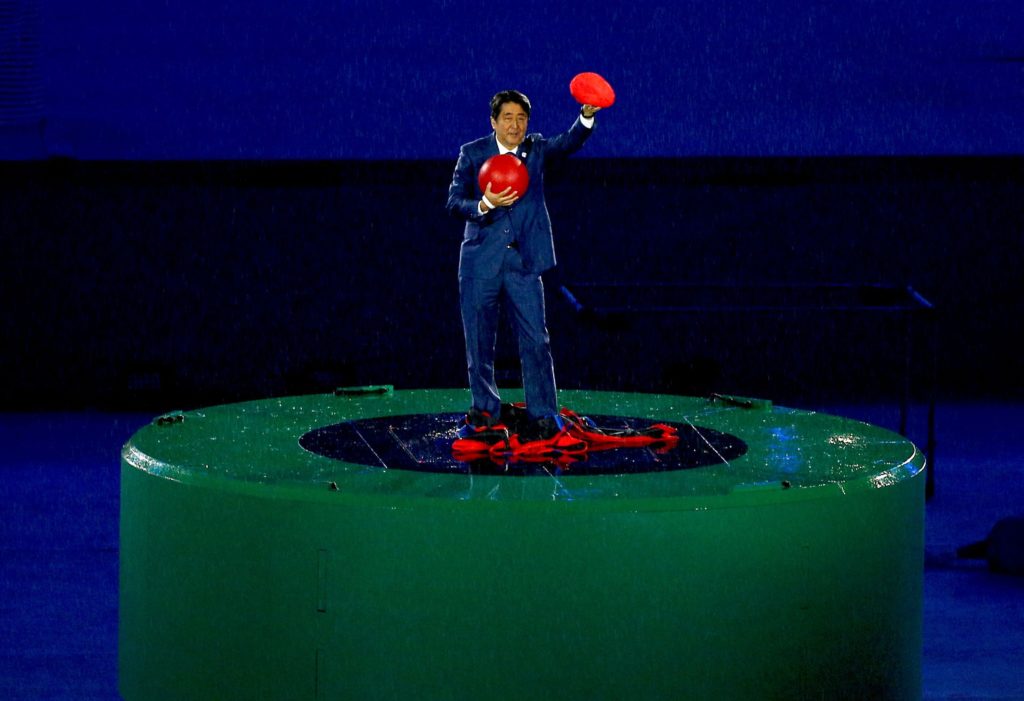
It was the second time Abe has resigned as prime minister because of poor health. In 2007 he resigned abruptly from an earlier term as prime minister because of his struggles with ulcerative colitis, a chronic condition that he has lived with since he was a teenager.
Mr Abe has a reputation as a staunch conservative and nationalist, and for stimulating growth with his aggressive economic policy known as “Abenomics”. While he pulled Japan out of recession, the economy has been battered anew by the coronavirus pandemic, and Mr Abe has failed to achieve his cherished goal to formally rewrite the US-drafted pacifist constitution because of poor public support.
The resignation will trigger a leadership race in the ruling Liberal Democratic Party (LDP) – most likely in two or three weeks – and the winner must be formally elected in parliament. The new party leader will hold the post for the rest of Abe’s term.
Former defence minister, Shigeru Ishiba and former foreign minister, Fumio Kishida have both expressed interest in the top job, media reported. Among others whose names have been floated is Abe’s close aide, Chief Cabinet Secretary Yoshihide Suga.
As news of the resignation spread, Japan’s benchmark Nikkei average N225 fell 2.12% to 22,717.02, while the broader TOPX shed 1.00% to 1,599.70. The selling wiped $47 billion off Tokyo’s $5.7 trillion stock market value, which had more than doubled during Abe’s tenure.
Prime Minister Shinzo Abe resignation comes amid an uncertain geopolitical environment, including an intensifying confrontation between the United States and China and ahead of the U.S. presidential election in November.


